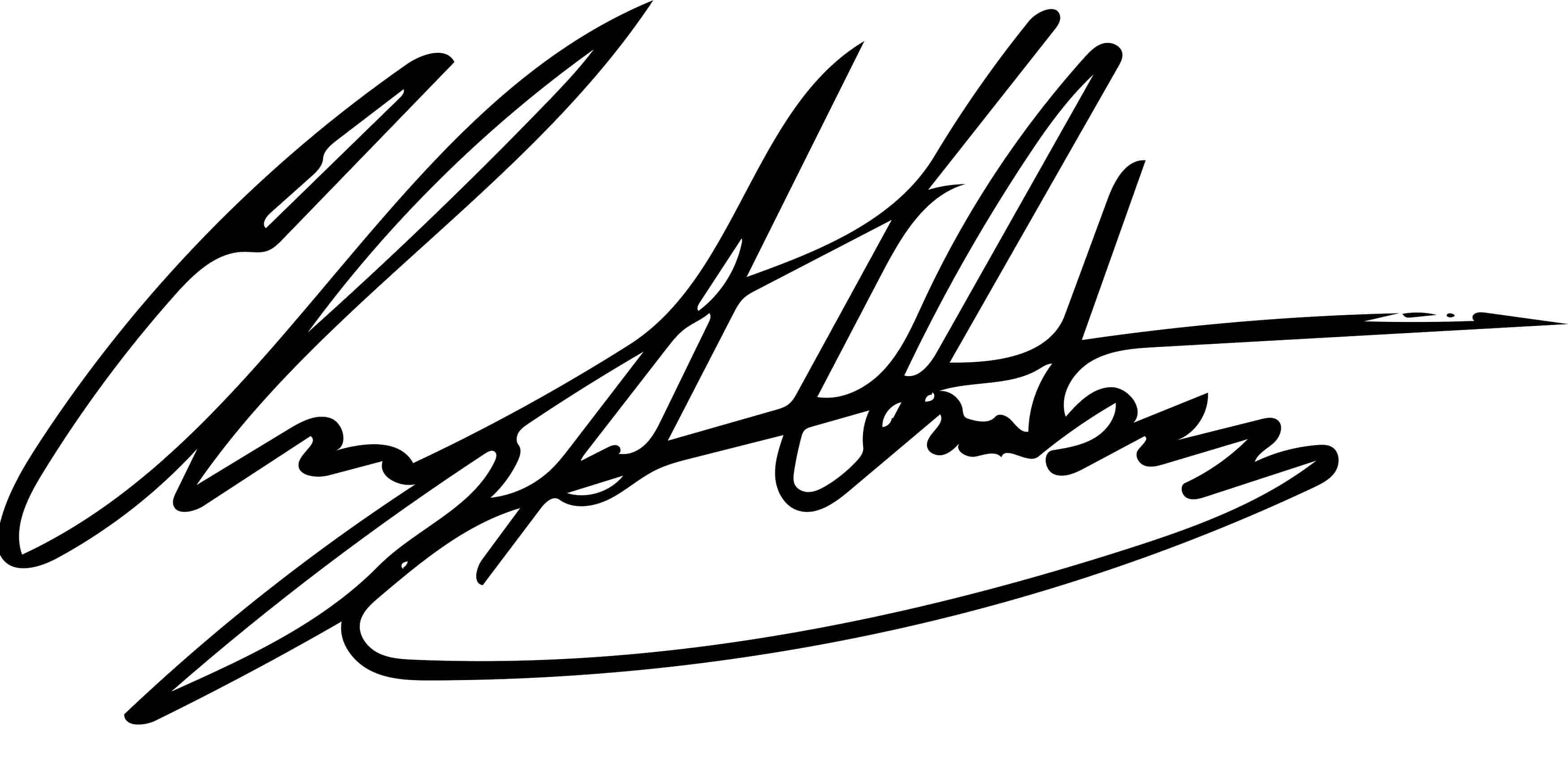It has been more than five years since I came back to the United States. I’m American, but when I married my wife in Cuba, our path forward wasn’t simple. The U.S. had shut down most visa processing in Havana, so Cuban families had to go through Guyana instead (and many still do!). That meant extra flights, extra costs, and a process filled with uncertainty.
When the pandemic hit, everything became even harder. Flights were canceled and borders closed. I stayed in Cuba with my wife for almost six months while the world shut down, hoping things would reopen quickly. When they didn’t, I had to return to the U.S. to find work. A few months later, I called the embassy in Guyana again and again until, by sheer luck, I reached a processing officer. They told me that maybe, if my wife could get to Guyana, there was a chance.
So I paid for her to get on a humanitarian flight. Entering Guyana was complicated. Everyone was masked, PCR tests were required, and travel was still tightly restricted. We found ourselves some of the only foreigners there. At first we stayed in a place that turned out to be a scam, taking advantage of Cubans, and eventually we figured out a better path with our own Airbnb. We spent weeks writing letters to senators and representatives, doing everything we could to move her case forward. Even then, right up until the last minute, it felt like maybe it wasn’t going to happen. Maybe she’d have to return to Cuba and we’d be separated again. But eventually, at the very end, we got the interview we needed, and she was approved.
That was the beginning of our life together in the U.S. Since then, there have been years of rebuilding. Driving Uber, delivering food, giving drum lessons. She taught music and worked at the airport in Denver. We camped across the country in our Prius, lived in New Orleans for a while, even made an impromptu move to Denver after some time in the mountains. I still remember surprising her with Bruno Mars tickets in Las Vegas. These were hard years, but they were also filled with adventure, survival, and building our life from the ground up.
Now, at long last, the process is complete. My wife was naturalized this week. Yesterday, we applied for her U.S. passport. Soon it will arrive, and for the first time I feel like nothing can be taken away from her or from us as a family. The fear of immigration paperwork, delays, or interviews is finally behind us. That makes me look forward and ask… what now?
Because while these past years gave us stability, they also showed me how disconnected life feels here in the U.S.
When I worked on cruise ships or in the circus, community happened naturally. After a show, you’d spend the night hangin’ with fellow performers. The next day, walking off the ship, you’d bump into people immediately. Friends at lunch, someone at a café, or at the beach. It was like living in a floating village where connection was everywhere.
In Denver, it is not like that. Neighbors don’t wave back. People look away. The other day I met a mostly blind man in the park, and without me even asking, he told me how cold people are here. How hard it is to connect. His words mirrored exactly what I’ve been feeling.
That stands out even more because of what I’ve seen elsewhere. In Cuba, community is woven into daily life. When I stayed with my wife’s grandmother in Ciego de Ávila, the doors and windows were always open. People came by all day long. Some leaned in the window to chat. Others sat down for a while. They asked about family, about how things were going. More than a dozen people might stop by in a single day. That kind of flow, that constant curiosity and care, was beautiful to me. Cubans can’t live without it.
Cuba was also good to me during the pandemic. While we were in Marianao, teams of doctors came by at least three times to check on us. They asked if we had symptoms, if there were elderly people in the house, if we needed help. At one point they even gave us an antiviral homeopathy, saying we could take it if we wanted. Later, when Cuba developed its own vaccines, they made them available without hesitation. On top of that, they waived the usual requirements that foreigners normally pay… visa renewals, health insurance… and simply told me I didn’t need to do anything. It felt like the country opened its doors and said, stay safe, you belong here for now.
Cuba gets plenty of criticism, but one thing they do right is community. They show up for one another. They show up for strangers. They showed up for me.
So when I look at life in the U.S. now, when I see neighbors who won’t wave or people who avoid conversation, it feels like a loss. It feels like something essential is missing.
And now, as a father, these reflections carry even more weight. Every decision we make isn’t just about us anymore. It’s about our son. My wife will have her passport soon. Our son already has his. So we keep asking ourselves… why are we staying put? Why aren’t we sharing the world with him?
Science tells us that exposing children to other cultures, languages, and faces at an early age builds stronger neural connections. It makes them less biased, more open, more adaptable. That feels like one of the greatest gifts we could give him.
Colorado has the mountains and outdoor life we love. But those things exist all over the world. What doesn’t exist everywhere is connection. And after everything I’ve lived and seen, I know that’s what I want my son to grow up with.
